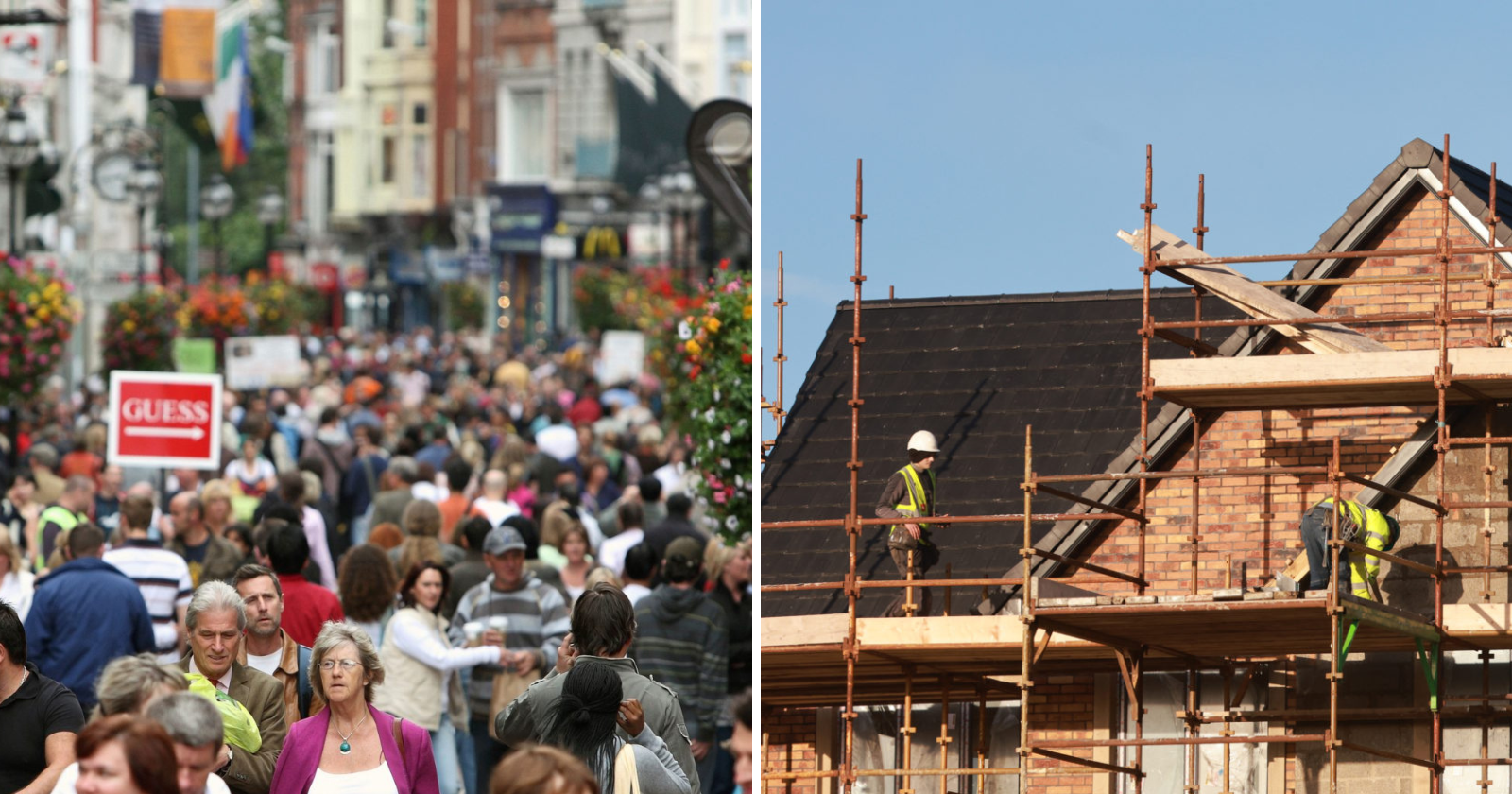The basic principles of economics & taxation say you should reduce taxes & regulation and increase spending on goods/activity you want to support.
So if I could wave a magic wand I would, with effect from midnight and for all new homes sold (to investors, local authorities, AHBs, or owner-occupiers) for less than €500k completely eliminate:
- All developer contributions: for roads, connections to electricity, water, public transport, the lot
- VAT on all elements of construction: materials, professional fees, solicitors fees, literally everything
- Stamp duty
- Land registry fees
I would also increase the flat rate allowance for all crafts & labourers in the construction industry by probably 100 times. A labourer currently gets €97, increasing this to €9,700 would seriously increase the spending power of a labourer etc making the job more attractive without costing the employer a penny.
I'd have the state paying at least half of the wages of all apprentices in the construction industry while also increasing 1st year apprentice wages to the minimum wage.
I'd introduce the rent-a-room scheme threshold to €24k a year and enable landlords to avail of it: if your aggregate rental income is 23,999 you pay no tax, prsi, usc, but if you take in 24,001 you pay everything at the marginal rate.
I'd introduce government guaranteed financing for apartment developments, similar to the low cost energy retrofit loans.
I'd make the construction (within certain size limits) of a separate residence in your back garden an exempt development.
I'd make adding a floor to your residential property (up to at least 3 floors) an exempt development.
I'd make it illegal to build anything less than 6 storeys high within the M50.
All this would cost a fortune, but the housing crisis is already costing a fortune. And while it would help developers make millions, developers and their staff/subbies aren't going to work for free or even for cheap to help solve the housing crisis out of the goodness of their hearts.
The one thing I wouldn't do is reduce energy efficiency & fire safety requirements for new builds.
I have difficulty believing the government (or the alternative) have the imagination & will to actually solve the housing crisis or make a serious dent in it within the next decade. Partly because they're so concerned about repeating the mistakes of the past: a risk that's anyway largely mitigated through the existence of the central bank lending rules and central credit register.

